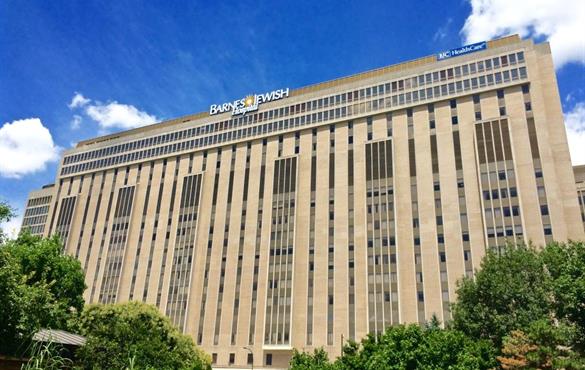WashU researchers to test anesthesiology control tower
Professor Yixin Chen is part of a team conducting a pilot study of an anesthesiology control tower to monitor patients’ vital signs during surgery

Two Washington University researchers are taking the idea of an air traffic control tower to the operating room at Barnes-Jewish Hospital.
Michael Avidan, MBBCh, the Dr. Seymour and Rose T. Brown Professor of Anesthesiology at Washington University School of Medicine, and Yixin Chen, professor of computer science & engineering in the School of Engineering & Applied Science, will conduct a pilot study of an anesthesiology control tower to monitor patients’ vital signs and other functions during surgery to prevent negative outcomes and medical errors, which lead to about 250,000 deaths in the U.S. each year.
Avidan, professor of anesthesiology and surgery and director of the Department of Anesthesiology’s Institute of Quality Improvement, Research and Informatics, and chief of the Cardiothoracic Anesthesiology division, and Chen received a two-year, $300,000 grant from the National Institutes of Health to apply “big data” and information technology to monitor patient risk factors during surgery in a project called ACTFAST.
With the funding, the team is setting up a matrix of computer screens that will include one screen for each of the 48 operating rooms at Barnes-Jewish Hospital.
The screens will monitor the patients’ vital signs and organs and color-code them like a stoplight: green is normal, yellow is in danger, and red is urgent. Clinicians monitoring the screens will be able to determine what is wrong with the patient and notify the clinicians in the operating room immediately.
In the second phase of the project, the team will use advanced machine learning techniques and big data to predict potential negative outcomes in patients under anesthesia, such as kidney or heart failure or waking while under anesthesia. They will take the data to make predictive models then integrate them into the anesthesiology control tower to predict when patients may be on the brink of a potentially dangerous situation.




